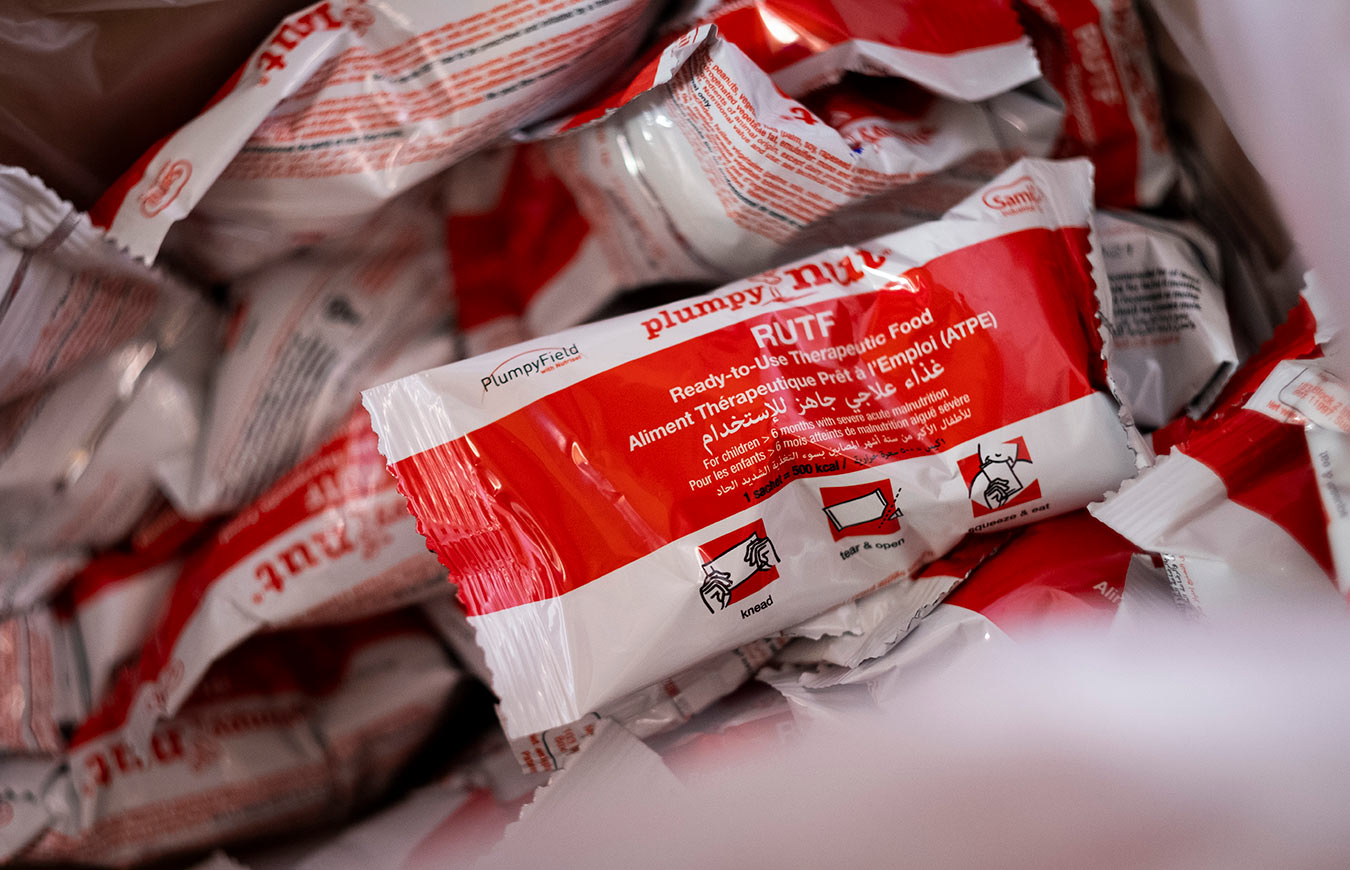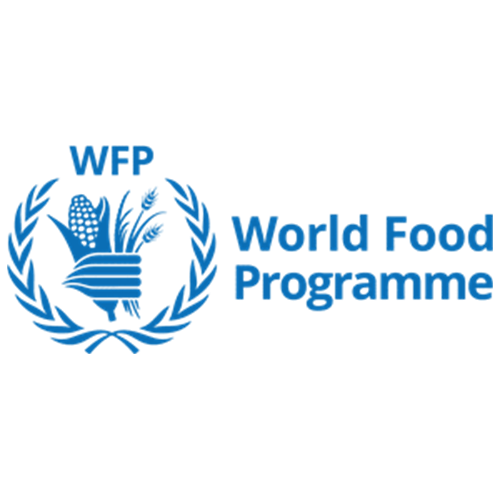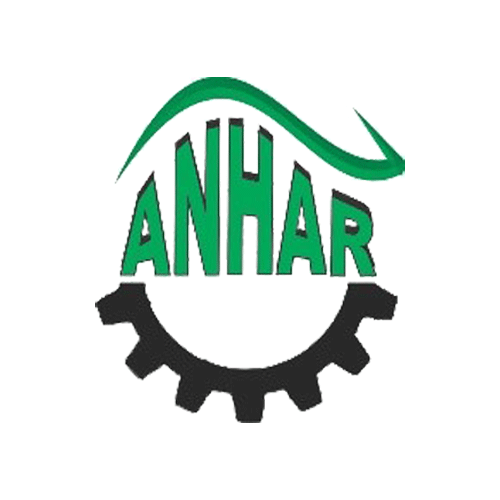The crisis in North Darfur first erupted in 2003, triggering an escalation that would sink the region into a deep humanitarian crisis for more than a decade. Since then, conflict, displacement, chronic poverty, and the country’s recent economic crisis have heightened food insecurity and malnutrition in already fragile communities.
For more than a decade, one-third of the population of Darfur has received some form of food aid. However, North Darfur still reports some of the highest rates of malnutrition across Sudan as a whole.
The United Nations estimates that more than 791,000 people in North Darfur are in need of some form of humanitarian assistance. Of those in need, 480,828 are internally displaced people, 101,424 are returnees, 171,707 are local Sudanese, and 31,647 are refugees. Nearly 51% are children.
In North Darfur, the average cost of food and livestock have steadily risen over the past three years, putting basic staples out of reach for many families. The price of sorghum increased from SDG 5.09 per kg to 19.8 per kg from January 2017 to June 2019, while the price of a goat increased from SDG 535 to SDG 2,782 in the same period.
Since 2004, Relief International has been providing life-saving health, nutrition, food security and livelihood, and WASH services to displaced families in North Darfur. Now, thanks to a strategic partnership with the World Food Programme and our local partner ANHAR for Peace Development and Humanitarian Work, we are expanding upon our longstanding programs in the region to provide additional services to families with young children at risk for malnutrition.
Together, our work aims to identify and treat cases of moderate and acute malnutrition in children between the ages of six months to five years old. Our local partner ANHAR provides nutritional treatments and distribute food supplements to restore children’s weight to healthy levels in eight communities in North Darfur, including Sanabil, Ajrro, Sortony A, Sortony B, Teggi, Malissa, Kurgul, and Dangir Fot. All of our patients receive follow-up care at our nutrition facilities to ensure that they do not continue to exhibit signs of malnutrition.
Our teams are working alongside local communities to prevent future malnutrition cases by teaching families about the importance of breastfeeding, as well as a balanced diet, safe drinking water, and proper sanitation and hygiene practices. We are also incorporating our signature kitchen garden program as part of this project in order to teach families with young children how to grow their own nutritious sources of food.


